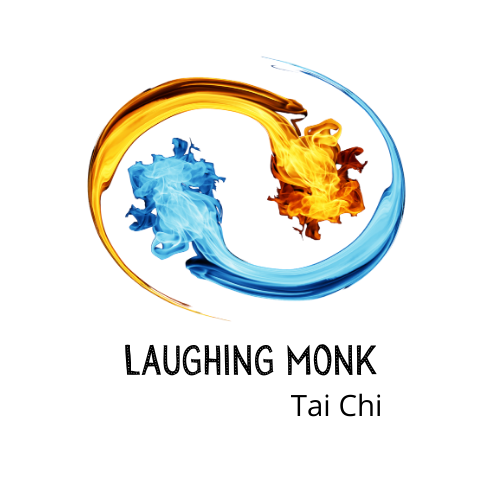Tai Chi is catching on!!
If you view exercise as something that physically exerts, to the point that your heart and lungs are distressed, or places significant strain on muscles and joints, then maybe Tai Chi is not for you.
Of course, there’s nothing wrong with high energy, high impact activities, but, first of all, you may want to consider what ‘exercise’ means to you?
Thinking about your own needs and preferences play a big part in this.
Some of us have reached an age where we can no longer persist with an activity that we have loved, primarily because the impact of exercising prevents us from doing it on a regular basis. And we realise that is only going to get worse as we get older.
And yet, we want to continue exercising and doing something where we can improve.
Some of us don’t want to exercise in manner that conventional society expects. The very idea of donning a tracksuit and pounding the streets is an anathema to us, but we do get the fact that exercise is good for us.
So, doing something different and unconventional meets both requirements.
Some of us just see exercise differently, and the activities that appeal to us involve understanding the benefits to both mind and body. Indeed, activity can include ‘non-activity’ such as meditation and breathing.
And here, our starting point could be yoga, dance, pilates and mindfulness.
Tai Chi is a gentle, flowing form of exercise. It’s more energetic than a walk, and involves adopting postures that flex all parts of the body. Being based on a martial art, it is initially practised by learning forms but to improve you need to focus on correct positioning, sensitivity of action and close co-ordination of all parts of the body.
If you want something that sets you on a path of constant improvement, then Tai Chi is for you.
So in many ways, it meets the requirement for a physical, mental and mindful activity.
A superficial view of Tai Chi immediately ‘pegs’ it as an activity where only retired people participate. And whilst mature people certainly fit the profile, it would be wrong to adopt such a two-dimensional view of Tai Chi.
Based on an analysis of people who express an interest in Tai Chi, the age range starts much lower, nearer to 45. Up to 45, interest is very low but then increases through to 55 where it plateaus.
Between men and women, it’s probably the case that 50% more women than men initially show an interest, though women by no means dominate a class.
And I believe class availability can have an impact here.
Observation suggests, the majority of classes occur mid-week and during the day, thus favouring the older or female participant. Evening and weekend classes, and classes where the participants are more experienced tend to have a more even split.
It’s also an observation, that participants do not solely practice Tai Chi, but do so along with a variety of other activities.
A good way to view Tai Chi is as something that compliments your lifestyle.
If you are interested in Tai Chi, classes are available in Pinner and Northwood
